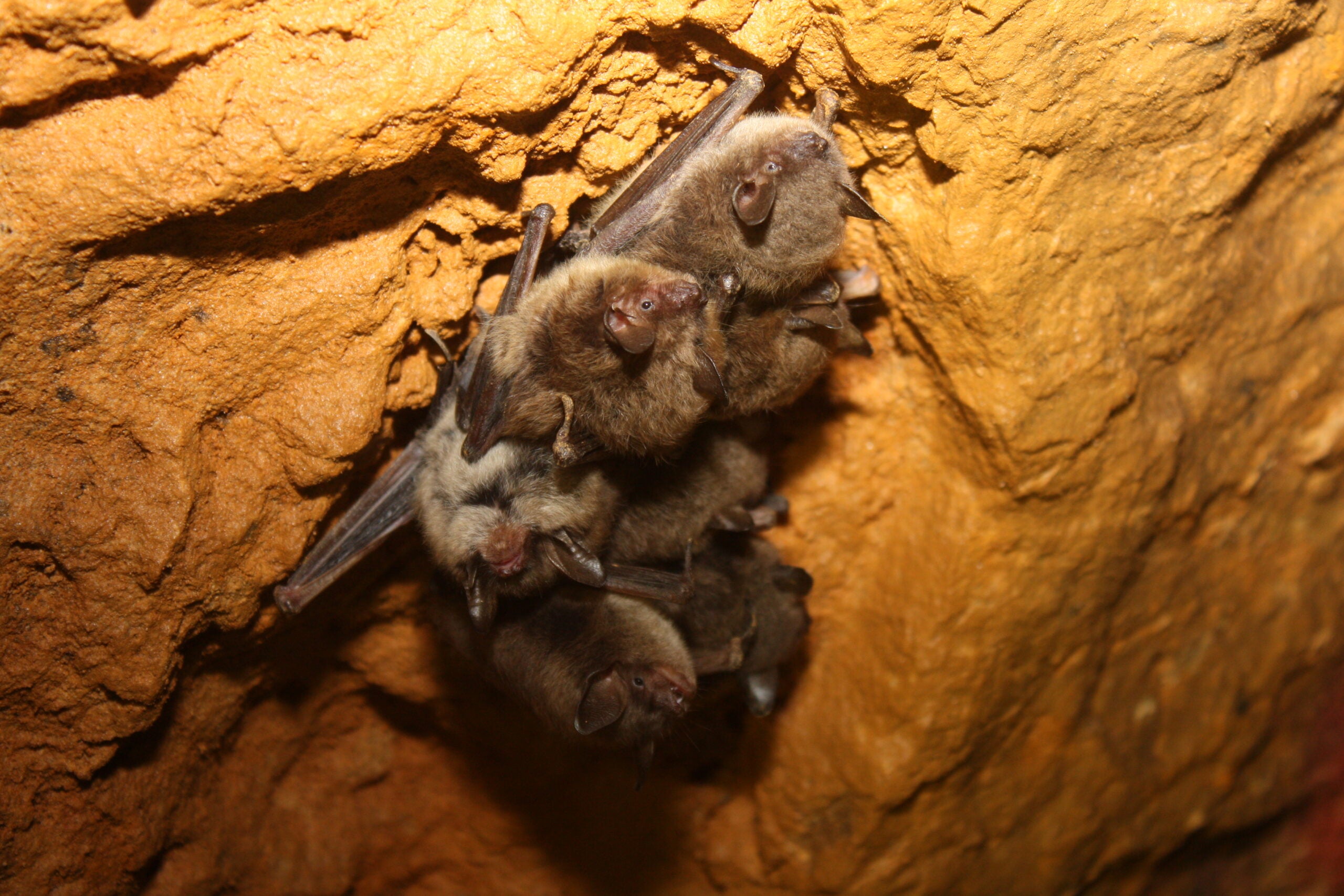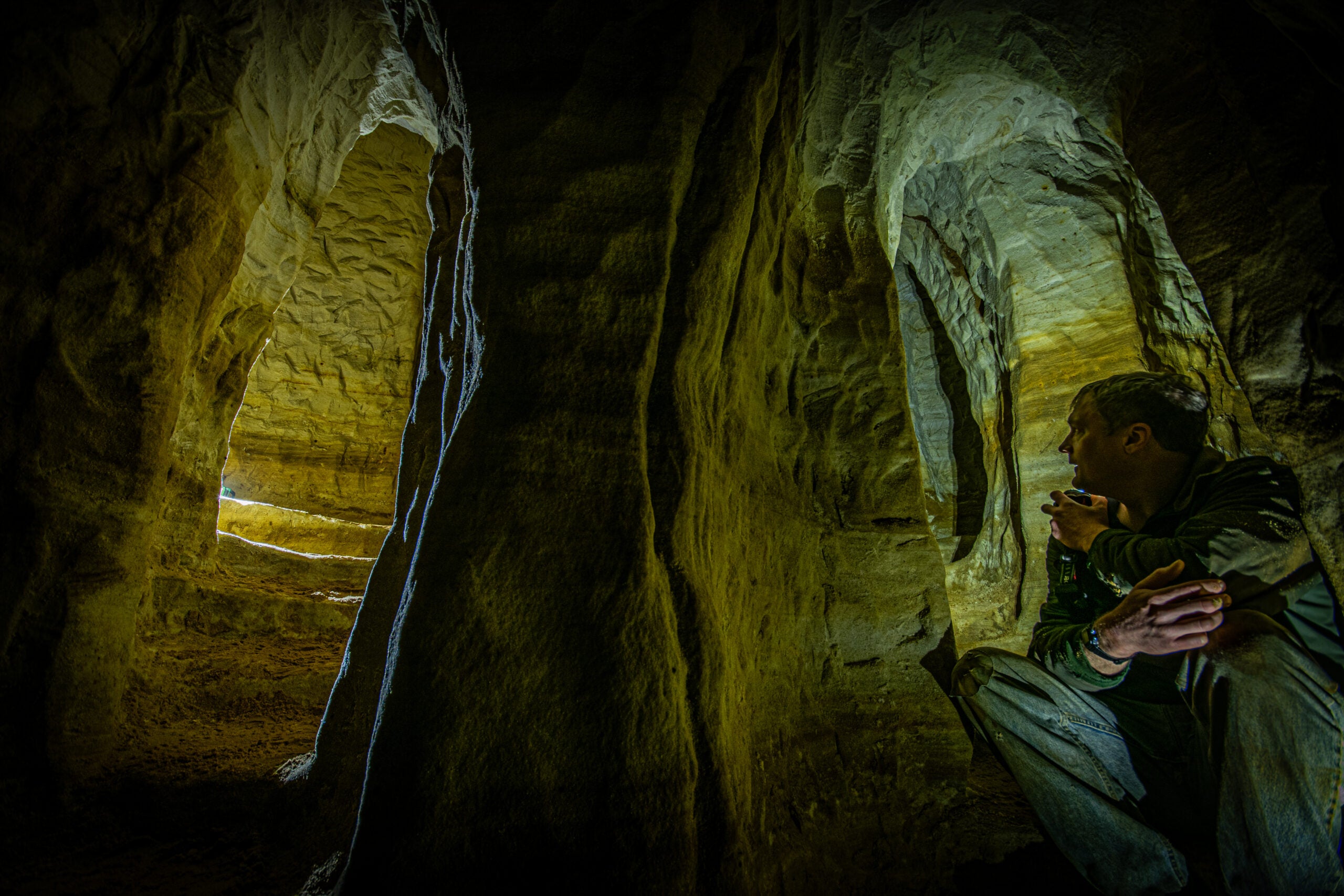Nature
-
Pollinators, pest controllers, seed spreaders: Author reflects on the benefits of bats
Several species of bats call Wisconsin home. Naturalists herald these winged mammals as important pollinators and marvels of echolocation. Author Alyson Brokaw talked bats, bat boxes, and bat sightings on a recent episode of “The Larry Meiller Show.”
-
Wisconsin ‘wildlifer’ shares a lifetime of conservation and change
Payne believes education and political engagement are crucial to shaping the future of conservation. Scientific knowledge alone, he argues, is not enough.
-
Quadrillions of invasive mussels are damaging the Great Lakes, documentary shows
Since the late 1990s, the lake whitefish population has declined as much as 80 percent in parts of the Great Lakes. The culprit is a tiny invasive species called the quagga mussel.
-
Madison Greenhouse Store showcases Wisconsin-friendly houseplants
The owner of a Madison plant store talks about what’s offered in the store, how to avoid overwatering, and the plant boom that occurred during the cooped-up days of the COVID-19 pandemic.
-
‘It’s illegal’: Federal workers in Wisconsin fired amid nationwide layoffs
Agencies have fired thousands of federal workers since late last week, including probationary employees with the U.S. Forest Service and National Park Service in Wisconsin.
-
Milwaukee composer debuts album inspired by Wisconsin landscape
Alicia Rytlewski composed “When We Were Bears” across Wisconsin over the course of eight years, starting in 2016 when she was an artist-in-residence at a farm in Campbellsport.
-
Explore ‘Sandland,’ a hidden underground labyrinth in western Wisconsin
Hobby tunneling is a pastime in which amateur excavators build their own underground infrastructure with minimal equipment. We take a tour through a tunnel system more than a decade in the making.
-
Give the gift of conservation, love for the outdoors
There are several ways to please nature-lovers this holiday season through wildlife conservation efforts in Wisconsin, senior wildlife outreach specialist Jamie Nack told WPR’s Larry Meiller.
-
Saving the ‘mother trees’
Suzanne Simard spoke with “To The Best of Our Knowledge” about her Mother Tree Project.
-
How the outdoor recreation industry markets towards our identities
Author Rachel Gross joined WPR’s “Wisconsin Today” to share the history of outdoor recreation marketing and some of its Wisconsin ties.









